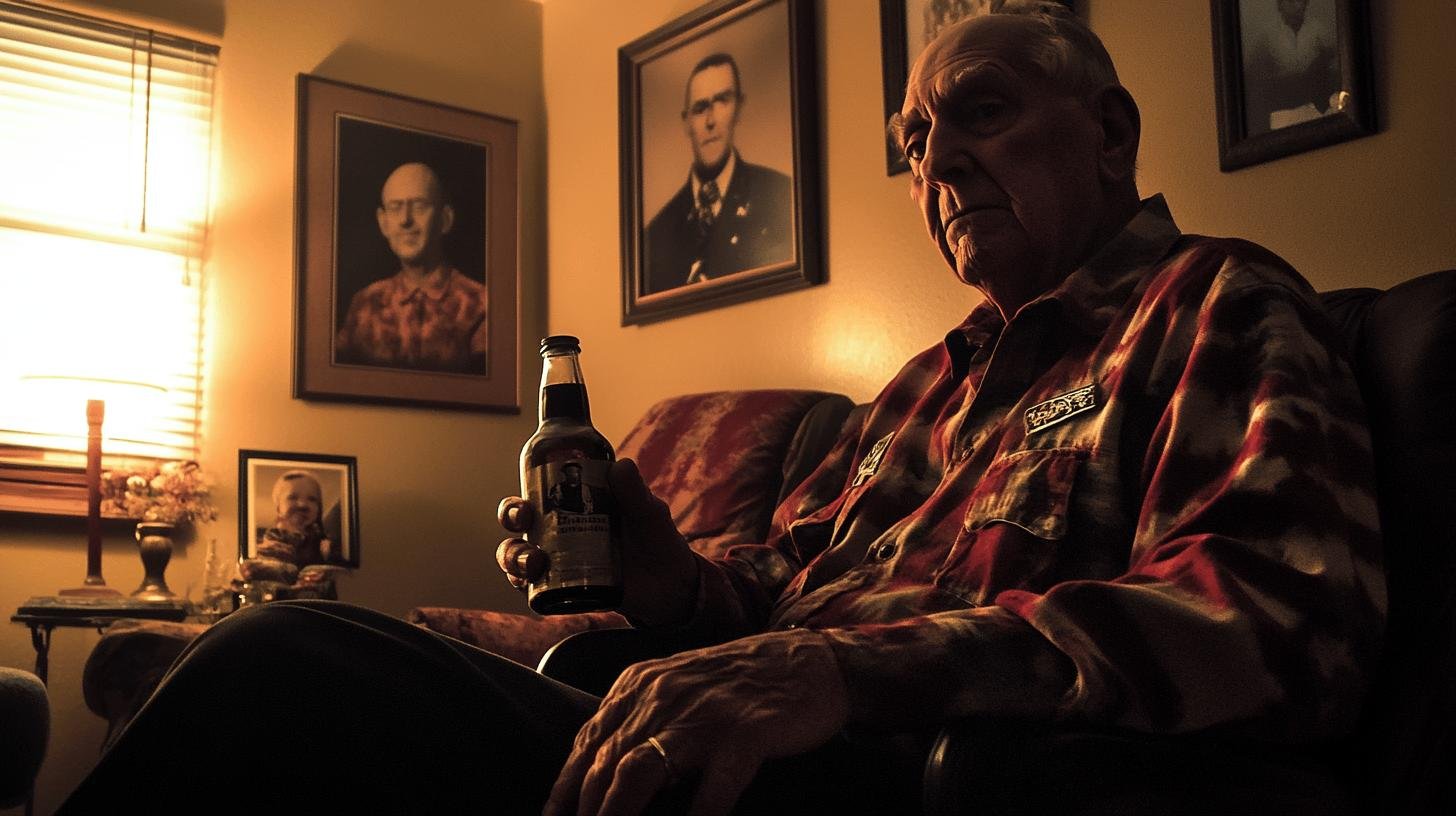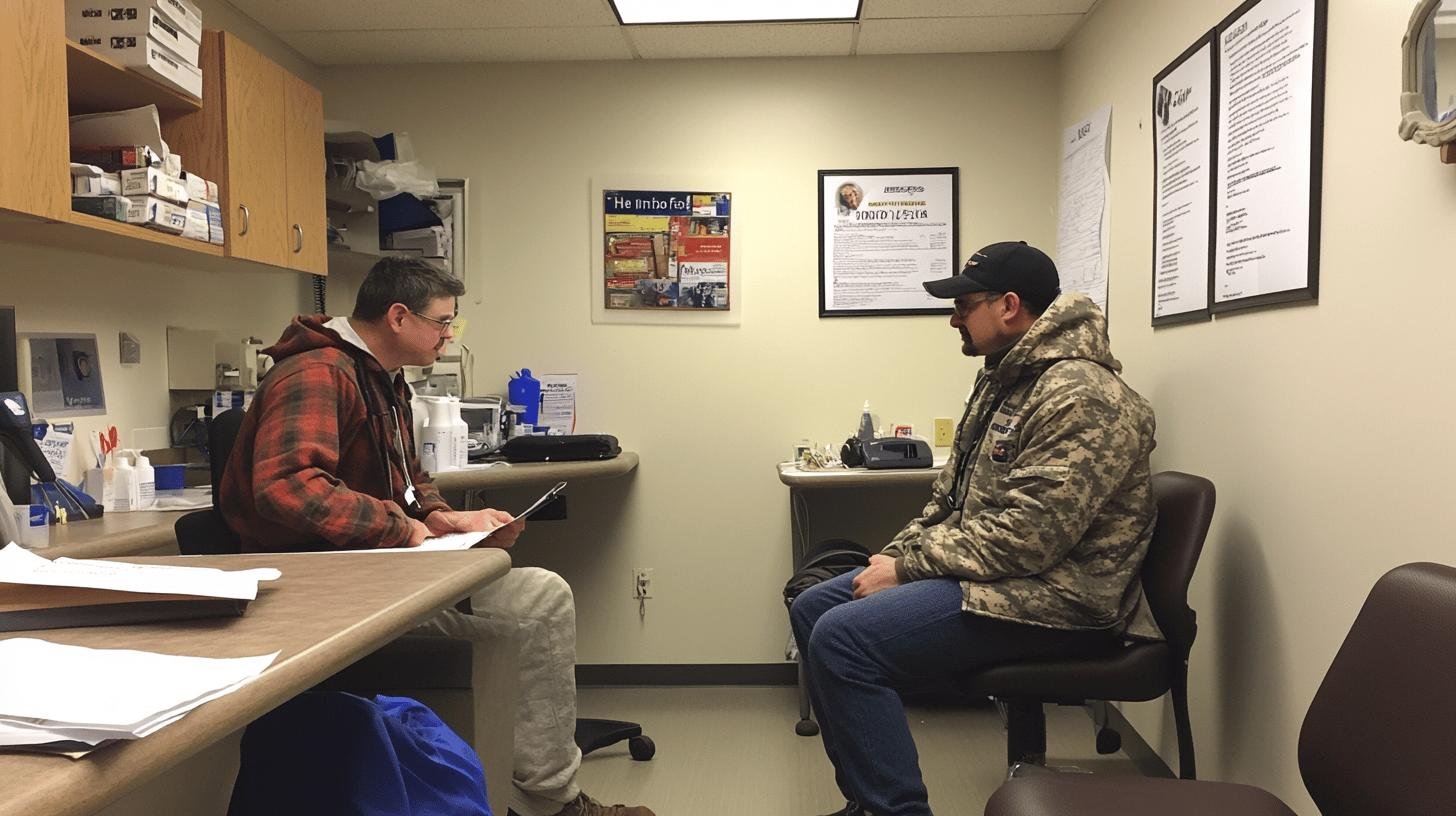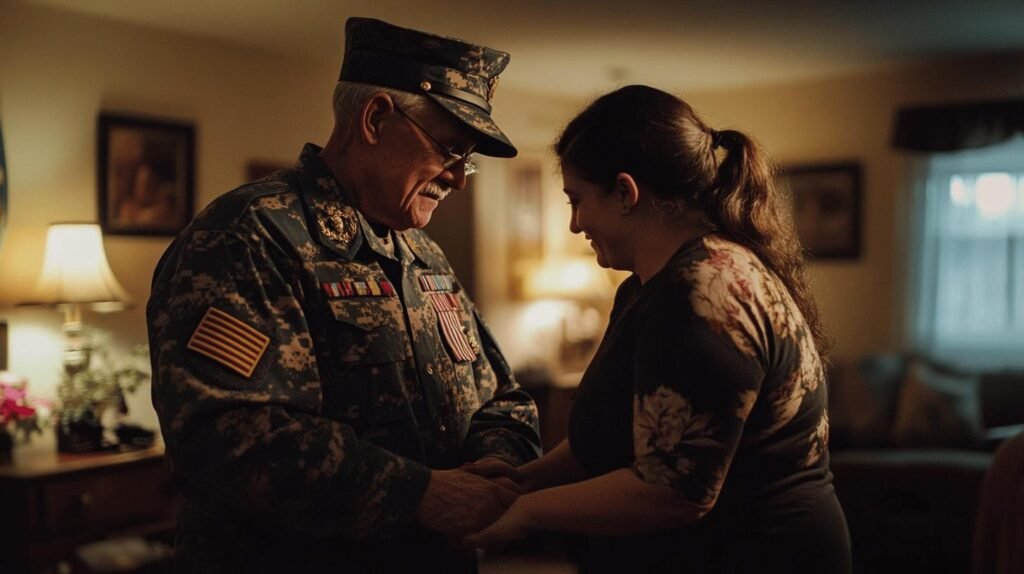TL;DR:
- 30% of veterans from Iraq and Afghanistan need mental health treatment.
- Common conditions: PTSD (20% prevalence), depression, anxiety, substance abuse, traumatic brain injury.
- Symptoms of depression: excessive worry, restlessness, sleep disturbances.
- Nearly half of veterans lack necessary mental health care.
- Substance abuse exacerbates family tensions and communication issues.
- Important support resources: veteran organizations, support groups, counseling services, community programs, educational resources.
- Military family therapy improves communication and relationships.
- Direct primary care (DPC) provides accessible, holistic mental health care for veterans without insurance barriers.
Ever wondered why so many veterans and their families struggle with mental health? The impact of mental health conditions on veterans is pretty staggering: about 30% of veterans deployed in Iraq and Afghanistan suffer from mental health disorders that need treatment. It’s not just the veterans who feel the strain—families are right there in the thick of it, too. PTSD, depression, anxiety, and substance abuse are all too common, creating stress-filled homes. Let’s dive into how these mental health conditions impact veterans and ripple through their families, reshaping daily life and influencing relationships. Ready to uncover more?
Understanding Mental Health Conditions Common to Veterans and Their Families
Veterans face mental health challenges that are unique due to their service experiences. About 30% of those who served in Iraq and Afghanistan need treatment for such issues. These include post-traumatic stress disorder (PTSD), depression, anxiety, substance abuse, and traumatic brain injury (TBI). These conditions don’t just affect veterans; they extend to impact their families as well.
- PTSD
- Depression
- Anxiety
- Substance abuse
- Traumatic Brain Injury (TBI)
When veterans struggle with these conditions, their families often feel the strain too. The stress and worry of seeing a loved one battle PTSD or depression can shift family dynamics. This often leads to tension and conflict at home. Anxiety and substance abuse can make communication tough, creating a stressful environment. It’s akin to keeping a boat steady in rough waters—everyone on board feels it. Addressing these issues helps both veterans and their families find calm in the storm.
The Prevalence of PTSD in Veterans

PTSD is a common challenge for veterans after service. It’s like a shadow from traumatic military experiences. Flashbacks, intrusive memories, and nightmares make restful sleep elusive. Severe anxiety can trigger at any moment. Around 20% of veterans from Iraq and Afghanistan deal with PTSD. That’s a significant number!
Effective Treatments for PTSD
There are effective treatments for PTSD. Cognitive-behavioral therapy (CBT) helps by changing negative thought patterns. Working with a therapist, veterans learn new ways to handle experiences. Exposure therapy is another option. This involves facing fears in a safe space, reducing the control those memories have. Both therapies aid veterans in reclaiming their lives.
| Symptoms | Treatment Strategies |
|——————|——————————————–|
| Flashbacks | Cognitive-behavioral therapy (CBT) |
| Nightmares | Exposure therapy |
| Severe Anxiety | Both CBT and exposure therapy |
Addressing Depression and Anxiety in Military Families
Depression is a heavy burden for many veterans, often tied to adjusting to civilian life. Imagine moving from a world with daily missions to finding your own path—it’s no wonder depression appears. It brings sadness and hopelessness, affecting relationships and job performance. It’s like running a marathon with a backpack full of bricks.
- Excessive worry
- Restlessness
- Difficulty concentrating
- Sleep disturbances
Nearly half of veterans don’t get the mental health care they need. It’s like knowing there’s a lifeboat nearby but lacking the strength to climb in. Without support, anxiety and depression tighten their grip. This affects veterans and casts a shadow on their loved ones. Access to mental health resources is vital for weathering these challenges together.
Substance Abuse and Its Impact on Veterans and Their Families

Veterans often turn to substance abuse as a way to cope with deeper issues like PTSD and depression. They might use substances to numb emotional pain or escape service memories. This quick fix can spiral into addiction. The transition to civilian life, missing the military’s structure and camaraderie, makes substances more appealing. It’s like trying to fill a void with temporary patches, which can become their own problems.
Substance abuse affects family dynamics, too. It causes tension and stress, leading to broken communication. Trust erodes, arguments increase, and families feel like they’re walking on eggshells. Addressing substance abuse is crucial for the veteran’s and the whole family’s well-being.
Support Systems and Resources for Military Families
Veteran organizations and community resources are vital for supporting military families. They provide help for the challenges of military life and its aftermath. These resources aim to offer emotional support, rebuild relationships, and empower families to cope. Whether through mental health services or community programs, they help veterans and families find their footing. Services range from family counselling to support groups, fostering a nurturing environment. Connecting families with these resources helps alleviate stress.
Benefits of Military Family Therapy
Military family therapy is a communication toolkit for families. It improves how family members talk, which is crucial during stressful times. Therapy focuses on resolving conflicts and preventing small issues from escalating. By building stronger communication, families can better support each other. Therapy sessions provide a safe space to express feelings, strengthening bonds and resilience. Ultimately, it creates a stable home environment essential for veterans and their loved ones.
- Veteran organizations
- Support groups
- Counselling services
- Community programs
- Educational resources
Direct Primary Care: A Cost-Effective Solution for Veterans’ Mental Health

Direct primary care (DPC) offers a simple, accessible approach to healthcare. Unlike traditional models, DPC focuses on simplicity. Patients pay a regular fee covering many services. No insurance claims or approvals are needed, enhancing personal healthcare. This model is beneficial for veterans, providing consistent, predictable care access.
DPC emphasizes mental health by focusing on the individual. It offers comprehensive screenings and holistic treatments. Veterans benefit as barriers to seeking help are removed. DPC practices offer longer appointments for thorough care without insurance time constraints. The focus on holistic treatment means looking at the whole person—mind and body—ensuring veterans receive the support they need to thrive. For veterans facing mental health issues, DPC might be the key to better care and peace of mind.
Final Words
We’ve journeyed through the complex world of mental health conditions common to veterans and their families. Veterans often face PTSD, depression, anxiety, substance abuse, and TBI, affecting not only themselves but also their loved ones. These challenges can strain family dynamics and create additional stress at home.
Understanding these issues helps highlight the need for better support systems, like Direct Primary Care. Such solutions offer personalized care, breaking down barriers to necessary mental health treatment. Access to effective care makes a huge difference, paving the way for improved well-being for veterans and their families.
FAQ
What are the most common mental health disorders in veterans?
Veterans often face PTSD, depression, anxiety, substance abuse, and Traumatic Brain Injury (TBI). These conditions frequently surface after experiencing combat or intense stress during service.
What are the most common health problems for veterans?
Common issues among veterans include mental health disorders, chronic pain, injuries, and hearing loss. These problems are often linked to the demands and experiences unique to military service.
How does being in the military affect your mental health?
Military service can lead to psychological effects like PTSD, anxiety, or depression due to exposure to combat or stressful environments. Family dynamics can also be affected, increasing stress at home.
What are PTSD symptoms, and how is it treated in veterans?
PTSD symptoms in veterans include flashbacks, nightmares, and severe anxiety. Treatments like cognitive-behavioural therapy and exposure therapy help manage these symptoms by addressing trauma directly.
Are depression and anxiety common in military families?
Yes, these issues are prevalent in military families, often due to the transition to civilian life. Half of veterans who need mental health care don’t receive it, impacting family well-being.
Why might veterans struggle with substance abuse?
Veterans may turn to substance abuse to cope with mental health issues. This can strain family relationships, causing tension and impacting overall family dynamics.
What support systems exist for military families?
Support for military families includes veteran organizations, counselling services, and community programs. These resources help rebuild relationships and ease emotional burdens.
How can direct primary care benefit veterans’ mental health?
Direct primary care offers personalized and accessible mental health screenings and holistic treatments, reducing barriers to care for veterans and tailoring approaches to individual needs.

